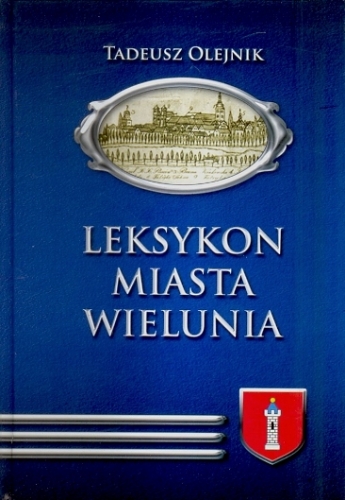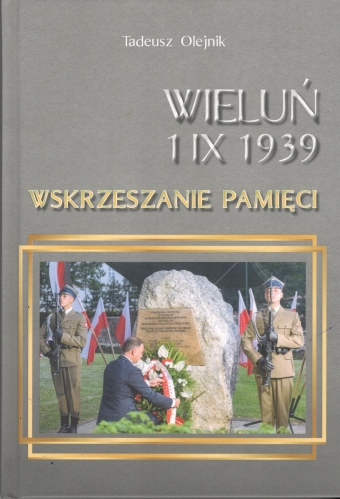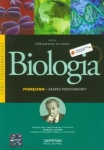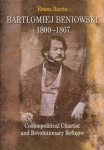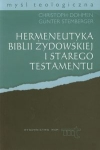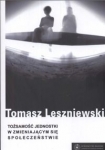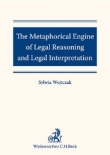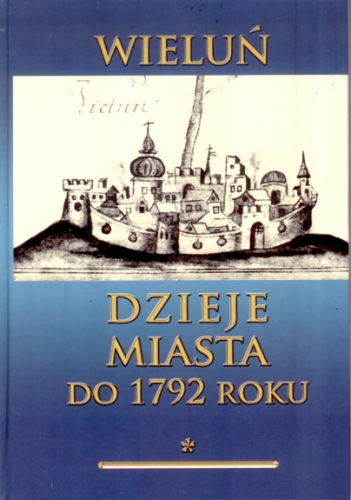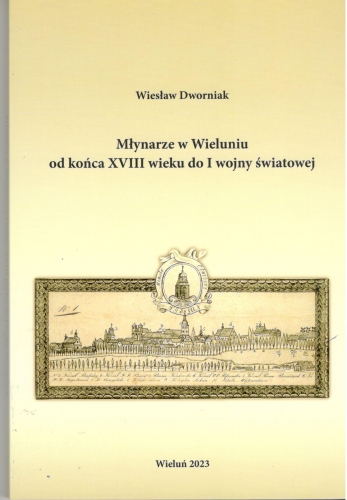The Metaphorical Engine of Legal Reasoning and Legal Interpretation
Wojtczak Sylwia, Sylwia Wojtczak
(...) The main objective of the (...) monograph is to demonstrate the presence of metaphors in legal texts, and their consequences for legal reasoning and legal interpretation. While accomplishing this objective, S. Wojtczak accepts one of the fundamental theses of cognitive linguistics: metaphor is a key element of human cognition, and an analysis of the ways in which metaphors are constructed and construed may reveal to us much about how people think, how they infer, and, consequently, how they learn about the world. (...) However, the author rightly decides that legal sciences do not off er adequate instruments for the analysis of such problems. Th e methodological starting point of the discourse is, of course, legal theory and legal philosophy (...). The second discipline, which is very strongly manifested in the monograph, is one of the fields of linguistics - cognitive linguistics. (...) A merit of the monograph is its original, innovative set of research tools. (...) These make it possible to formulate novel theses. Undoubtedly, they will become a point of reference for future legal research in the fi eld of general refl ection on law, particularly with problems concerning legal reasoning. (...) [The\ work of S. Wojtczak may also become an important argument in international debates focused on interpretation.
dr. hab. Przemysław Kaczmarek, University of Wrocław
,(...) The main objective of the (...) monograph is to demonstrate the presence of metaphors in legal texts, and their consequences for legal reasoning and legal interpretation. While accomplishing this objective, S. Wojtczak accepts one of the fundamental theses of cognitive linguistics: metaphor is a key element of human cognition, and an analysis of the ways in which metaphors are constructed and construed may reveal to us much about how people think, how they infer, and, consequently, how they learn about the world. (...) However, the author rightly decides that legal sciences do not off er adequate instruments for the analysis of such problems. Th e methodological starting point of the discourse is, of course, legal theory and legal philosophy (...). The second discipline, which is very strongly manifested in the monograph, is one of the fields of linguistics - cognitive linguistics. (...) A merit of the monograph is its original, innovative set of research tools. (...) These make it possible to formulate novel theses. Undoubtedly, they will become a point of reference for future legal research in the fi eld of general refl ection on law, particularly with problems concerning legal reasoning. (...) [The\ work of S. Wojtczak may also become an important argument in international debates focused on interpretation.
dr. hab. Przemysław Kaczmarek, University of Wrocław
,(...) The main objective of the (...) monograph is to demonstrate the presence of metaphors in legal texts, and their consequences for legal reasoning and legal interpretation. While accomplishing this objective, S. Wojtczak accepts one of the fundamental theses of cognitive linguistics: metaphor is a key element of human cognition, and an analysis of the ways in which metaphors are constructed and construed may reveal to us much about how people think, how they infer, and, consequently, how they learn about the world. (...) However, the author rightly decides that legal sciences do not off er adequate instruments for the analysis of such problems. Th e methodological starting point of the discourse is, of course, legal theory and legal philosophy (...). The second discipline, which is very strongly manifested in the monograph, is one of the fields of linguistics - cognitive linguistics. (...) A merit of the monograph is its original, innovative set of research tools. (...) These make it possible to formulate novel theses. Undoubtedly, they will become a point of reference for future legal research in the fi eld of general refl ection on law, particularly with problems concerning legal reasoning. (...) [The\ work of S. Wojtczak may also become an important argument in international debates focused on interpretation.
dr. hab. Przemysław Kaczmarek, University of Wrocław
,(...) The main objective of the (...) monograph is to demonstrate the presence of metaphors in legal texts, and their consequences for legal reasoning and legal interpretation. While accomplishing this objective, S. Wojtczak accepts one of the fundamental theses of cognitive linguistics: metaphor is a key element of human cognition, and an analysis of the ways in which metaphors are constructed and construed may reveal to us much about how people think, how they infer, and, consequently, how they learn about the world. (...) However, the author rightly decides that legal sciences do not off er adequate instruments for the analysis of such problems. Th e methodological starting point of the discourse is, of course, legal theory and legal philosophy (...). The second discipline, which is very strongly manifested in the monograph, is one of the fields of linguistics - cognitive linguistics. (...) A merit of the monograph is its original, innovative set of research tools. (...) These make it possible to formulate novel theses. Undoubtedly, they will become a point of reference for future legal research in the fi eld of general refl ection on law, particularly with problems concerning legal reasoning. (...) [The\ work of S. Wojtczak may also become an important argument in international debates focused on interpretation.
dr. hab. Przemysław Kaczmarek, University of Wrocław
,(...) The main objective of the (...) monograph is to demonstrate the presence of metaphors in legal texts, and their consequences for legal reasoning and legal interpretation. While accomplishing this objective, S. Wojtczak accepts one of the fundamental theses of cognitive linguistics: metaphor is a key element of human cognition, and an analysis of the ways in which metaphors are constructed and construed may reveal to us much about how people think, how they infer, and, consequently, how they learn about the world. (...) However, the author rightly decides that legal sciences do not off er adequate instruments for the analysis of such problems. Th e methodological starting point of the discourse is, of course, legal theory and legal philosophy (...). The second discipline, which is very strongly manifested in the monograph, is one of the fields of linguistics - cognitive linguistics. (...) A merit of the monograph is its original, innovative set of research tools. (...) These make it possible to formulate novel theses. Undoubtedly, they will become a point of reference for future legal research in the fi eld of general refl ection on law, particularly with problems concerning legal reasoning. (...) [The\ work of S. Wojtczak may also become an important argument in international debates focused on interpretation.
dr. hab. Przemysław Kaczmarek, University of Wrocław
,(...) The main objective of the (...) monograph is to demonstrate the presence of metaphors in legal texts, and their consequences for legal reasoning and legal interpretation. While accomplishing this objective, S. Wojtczak accepts one of the fundamental theses of cognitive linguistics: metaphor is a key element of human cognition, and an analysis of the ways in which metaphors are constructed and construed may reveal to us much about how people think, how they infer, and, consequently, how they learn about the world. (...) However, the author rightly decides that legal sciences do not off er adequate instruments for the analysis of such problems. Th e methodological starting point of the discourse is, of course, legal theory and legal philosophy (...). The second discipline, which is very strongly manifested in the monograph, is one of the fields of linguistics - cognitive linguistics. (...) A merit of the monograph is its original, innovative set of research tools. (...) These make it possible to formulate novel theses. Undoubtedly, they will become a point of reference for future legal research in the fi eld of general refl ection on law, particularly with problems concerning legal reasoning. (...) [The\ work of S. Wojtczak may also become an important argument in international debates focused on interpretation.
dr. hab. Przemysław Kaczmarek, University of Wrocław
,(...) The main objective of the (...) monograph is to demonstrate the presence of metaphors in legal texts, and their consequences for legal reasoning and legal interpretation. While accomplishing this objective, S. Wojtczak accepts one of the fundamental theses of cognitive linguistics: metaphor is a key element of human cognition, and an analysis of the ways in which metaphors are constructed and construed may reveal to us much about how people think, how they infer, and, consequently, how they learn about the world. (...) However, the author rightly decides that legal sciences do not off er adequate instruments for the analysis of such problems. Th e methodological starting point of the discourse is, of course, legal theory and legal philosophy (...). The second discipline, which is very strongly manifested in the monograph, is one of the fields of linguistics - cognitive linguistics. (...) A merit of the monograph is its original, innovative set of research tools. (...) These make it possible to formulate novel theses. Undoubtedly, they will become a point of reference for future legal research in the fi eld of general refl ection on law, particularly with problems concerning legal reasoning. (...) [The\ work of S. Wojtczak may also become an important argument in international debates focused on interpretation.
dr. hab. Przemysław Kaczmarek, University of Wrocław
| Księgarnia internetowa "booknet.net.pl" ul.Kaliska 12 98-300 Wieluń |
Godziny otwarcia: pon-pt: 9.00-17.00 w soboty 9.00-13.00 |
Dane kontaktowe: e-mail: info@booknet.net.pl e-mail: info@booknet.net.pl
|














































